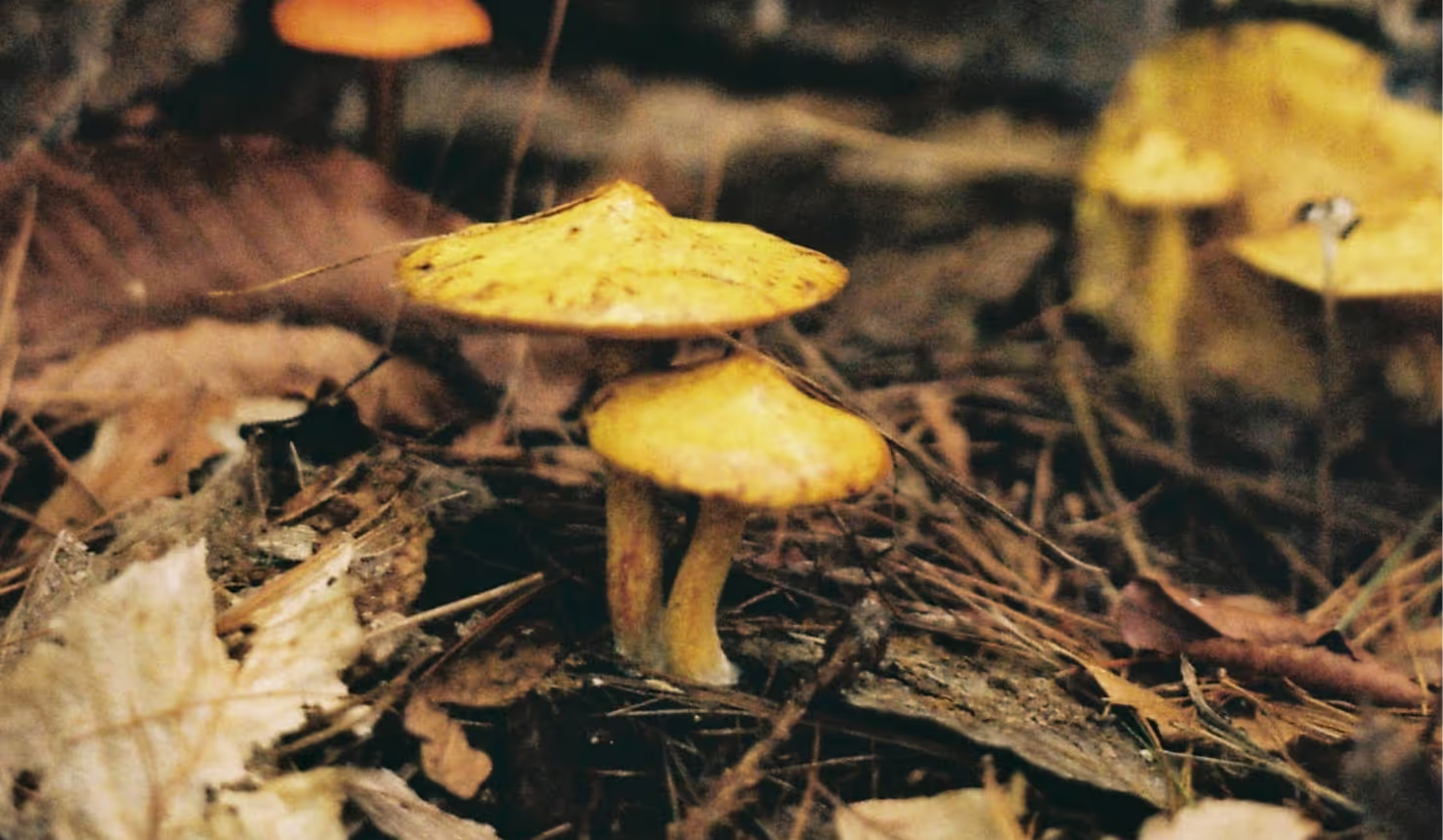Why Fungi is a Vital Climate Solution

Join the community





Researchers estimated that the fungi receive the equivalent of 13 billion tons of carbon dioxide (CO2) annually from plants—equal to 36% of current annual fossil fuel emissions.
Fungi, often overlooked in discussions about climate change solutions, are emerging as unsung heroes in the battle against our planet's rising temperatures. These diverse organisms offer a range of environmental benefits, from sequestering carbon to promoting ecosystem resilience. Let's explore how fungi contribute to mitigating climate change.
Carbon Sequestration
Fungi in forest ecosystems help store large amounts of carbon in the soil through the decomposition of organic matter. Mycorrhizal fungi form symbiotic relationships with plants, enhancing their growth and carbon sequestration capabilities. By locking away carbon in soil and vegetation, fungi help reduce atmospheric carbon dioxide (CO2) levels, a key greenhouse gas.
Soil Health
Fungi improve soil structure and fertility by breaking down organic matter and creating stable soil aggregates. Healthy soils enriched with fungal activity are better at retaining moisture and nutrients, reducing the need for synthetic fertilizers and preventing soil erosion. This enhances the overall resilience of ecosystems, making them more resistant to extreme weather events associated with climate change.
Decomposition and Nutrient Cycling
Saprophytic fungi play a vital role in breaking down dead plant material and recycling nutrients back into the ecosystem. This nutrient cycling ensures that carbon, nitrogen, and other essential elements are continuously reused, reducing the need for resource-intensive agricultural practices.
Bioremediation
Fungi known as mycoremediators, can detoxify polluted environments by absorbing and transforming harmful substances. They have been used to clean up oil spills, degrade toxic chemicals, and even sequester heavy metals from contaminated soils, contributing to environmental restoration.
Sustainable Materials
We can use Fungi to produce eco-friendly materials, such as mycelium-based bioplastics, foams, and even construction materials. These alternatives to conventional plastics and building materials have a lower carbon footprint, reducing the environmental impact of manufacturing processes.
Food Security
Mushrooms provide a sustainable source of protein and other essential nutrients, reducing the pressure on traditional livestock farming, which contributes significantly to greenhouse gas emissions. Cultivating edible fungi can be done in a controlled environment with minimal resource inputs.
Biodiversity Support
Fungi are essential for maintaining biodiversity by forming mutualistic relationships with many plant species. These interactions promote the health and diversity of ecosystems, which is crucial for adaptation to changing climate conditions.
Fungi, often overlooked but incredibly diverse and adaptable, are emerging as powerful allies in the fight against climate change. Their role in carbon sequestration, soil health, nutrient cycling, bioremediation, sustainable materials, food security, and biodiversity support makes them valuable contributors to climate solutions. As we explore innovative ways to combat climate change, it's clear that fungi deserve a place at the forefront of our efforts to create a sustainable and resilient future for our planet.








%20(1).png)




